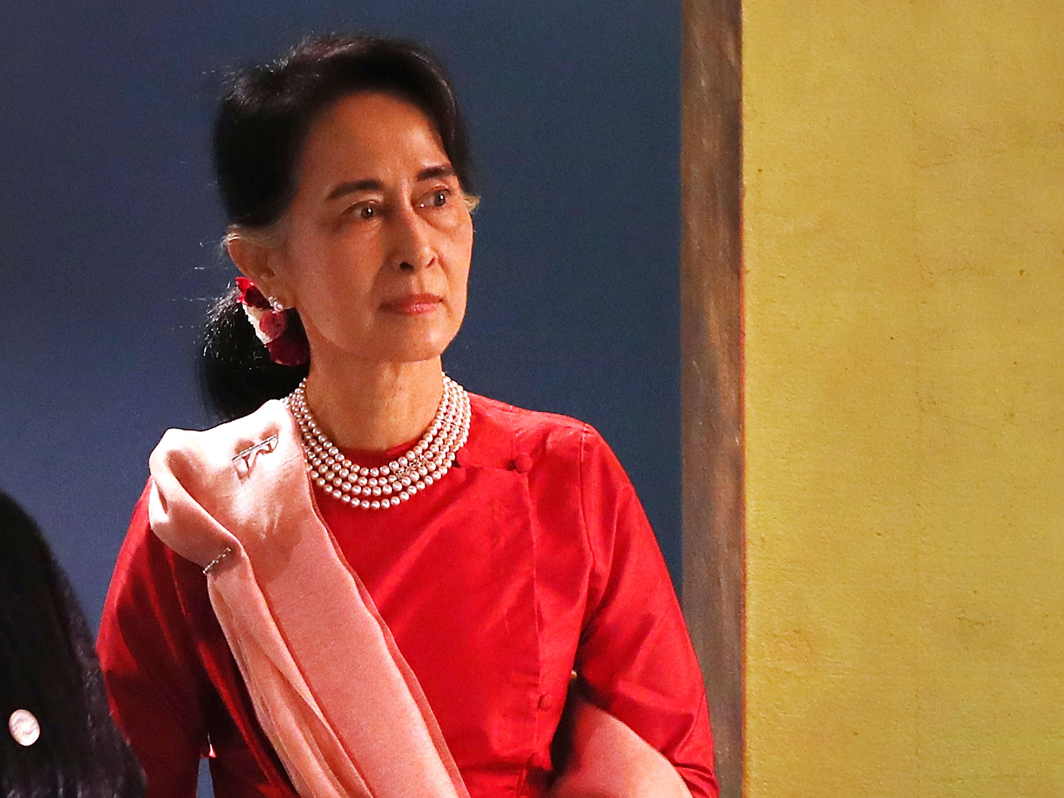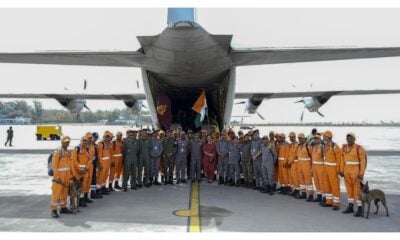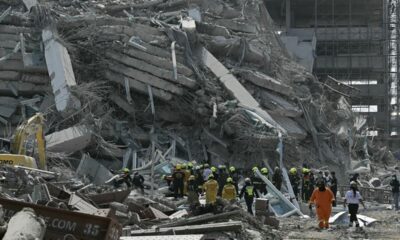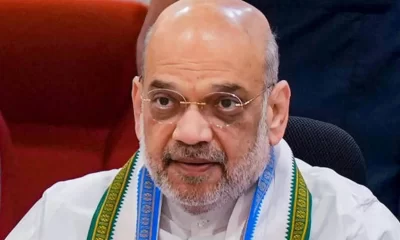[vc_row][vc_column][vc_column_text]The State Counsellor admits to exodus of Rohingya Muslims but asserts that nearly 50 per cent of Muslims in the Rakhine have stayed put “despite turmoil” all around
Under attack from the global community and her fellow Nobel laureates, Myanmar State Counsellor Aung San Suu Kyi finally broke her silence on the large scale violence by her country’s military against the Rohingya ethnic minority and the exodus of the community to neighbouring Bangaldesh.
Suu Kyi, who has skipped attending the ongoing session of the United Nations General Assembly , invited diplomats of various missions in her country, on Monday, to speak to them on the issue of violence in the troubled Rakhine state and the measures being taken by her government to restore peace.
In her 30-minute address, the defacto head of the Myanmar government asserted that her regime – which is under stern criticism from the global community and rights groups for its inability to rein in atrocities on the Rohingya Muslims and perceived complicity in perpetrating it – was “open to international scrutiny”.
The Suu Kyi said that her government had “no intention to apportion blame or abdicate responsibility” over the crisis in Rakhine state and that “we condemn all human rights violations and unlawful violence”. She added that the security forces in Myanmar “have been told to adhere strictly to the code of conduct while conducting operations”, exercise maximum restraint and avoid collateral damage and loss of lives of innocent civilians.
However, the Nobel peace prize winner also sought to create an impression that the prevailing tensions in the Rakhine State were largely the result of violence initiated against the Myanmar security establishment by “armed Muslims and the Arakan Rohingya Salvation Army (ARSA)”.
Asserting that there had been “no armed clashes and no clearance operations” in the Rakhine since September 5 – a claim that has been constantly rejected by international rights activists and even UN-appointed observers – Suu Kyi said: “We are concerned to hear that numbers of Muslims are fleeing across the border to Bangladesh. We want to find out why the exodus is happening. We would like to talk to those who have fled, and those who have stayed — more than 50 per cent of villages of Muslims are intact and are as they were before the attacks took place”.
The State Counsellor also sought to underplay the atrocities on the Rohingya Muslims – considered the world’s most persecuted minority – by claiming that the attention of the world was only on people of this community while those fleeing the Rakhine also included other minorities which “the world doesn’t know of”.
However, she did assert that: “We feel deeply for the suffering of all the people who have been caught up in the conflict. Those who have had to flee their homes are many, not just Muslims and Rakhines, but also small minority groups. The government is working to restore the situation to normalcy.”
Suu Kyi assured the diplomatic corps present at the venue that her government was “prepared to start the verification process of refugees (who moved to Bangladesh from the Rakhine) who wish to return” to Myanmar and insisted that “those who have been verified as refugees will be accepted without any problems and with full assurance of security and access to humanitarian aid.”
Insisting that her government “wants to find out what the real problems (facing the Rakhine state) are”, the State Counsellor said: “there are allegations and counter allegations and we have to listen to all of them and make sure that these allegations are based on solid evidence before we take any action.”
Suu Kyi said that her government was open to take action “against all people, regardless of their religion, race or political position” and insisted that “Myanmar has never been soft on human rights”.
She underlined that the people of Myanmar “want peace rather than war, harmony rather than conflict” and said that her government “doesn’t want Myanmar to be divided on the basis of religious beliefs, ethnicities or political ideology.”[/vc_column_text][/vc_column][/vc_row]


 Latest world news23 hours ago
Latest world news23 hours ago
 Latest world news23 hours ago
Latest world news23 hours ago
 Latest world news23 hours ago
Latest world news23 hours ago
 India News23 hours ago
India News23 hours ago
 India News14 hours ago
India News14 hours ago
 Latest world news14 hours ago
Latest world news14 hours ago













